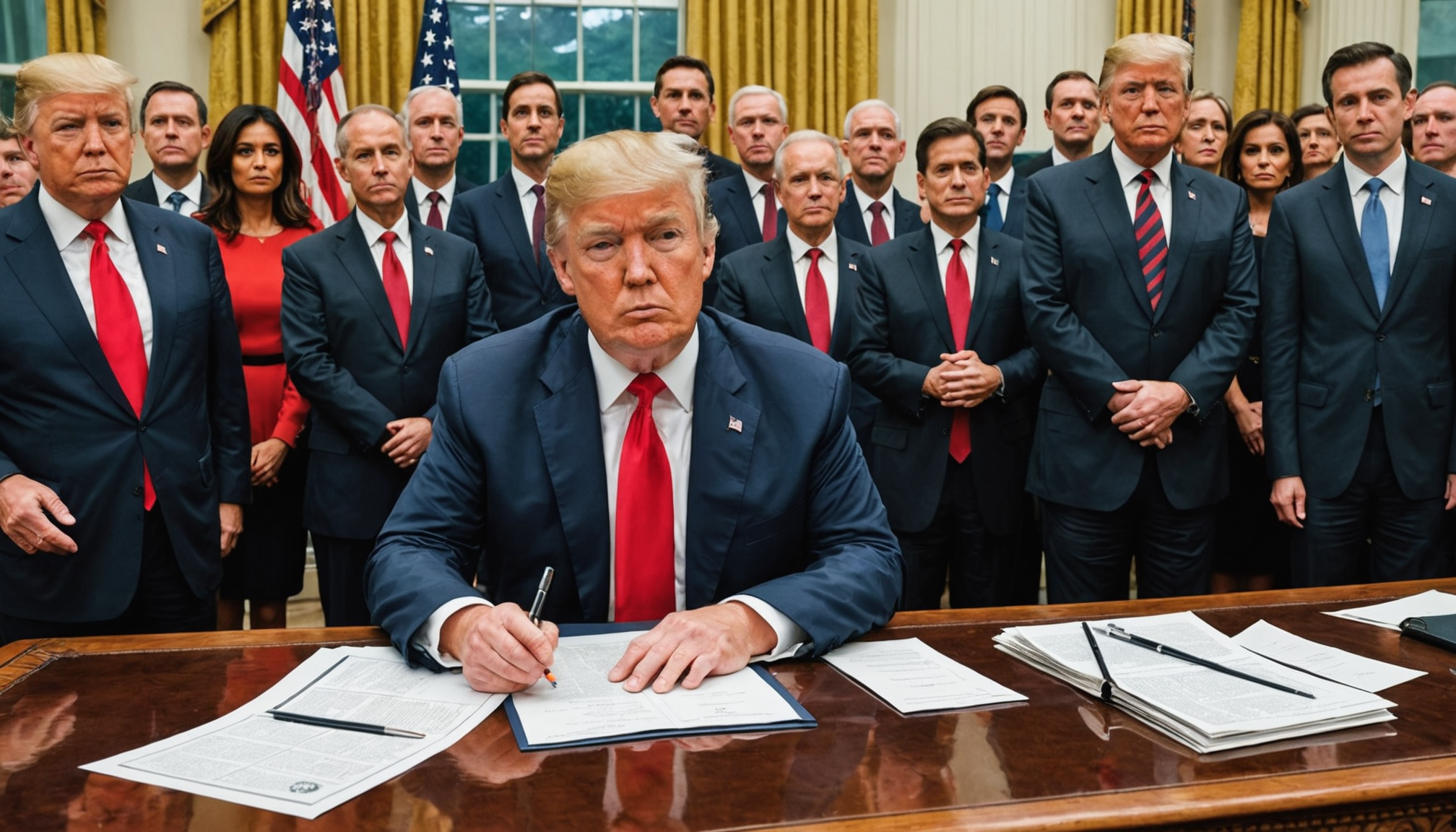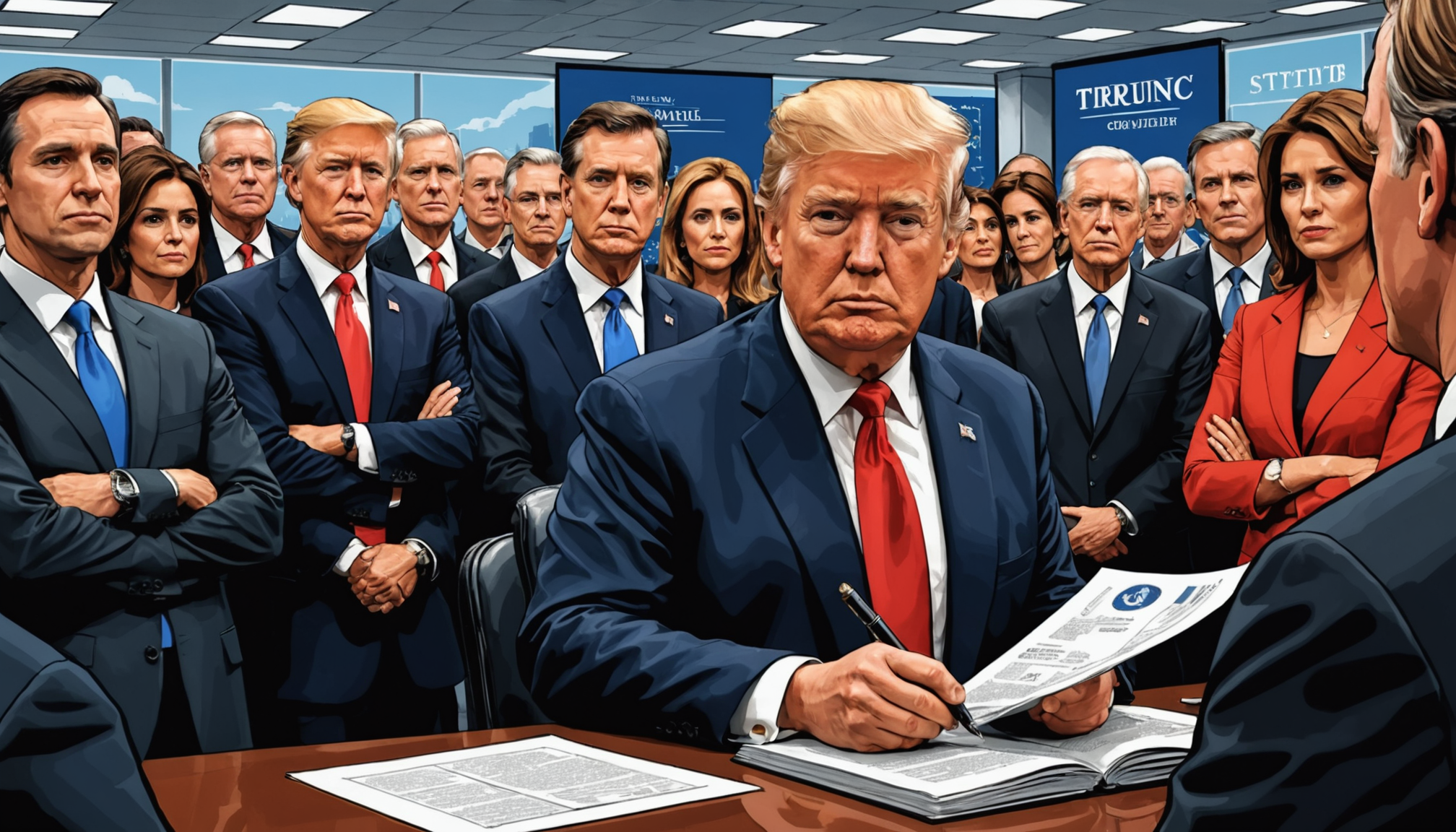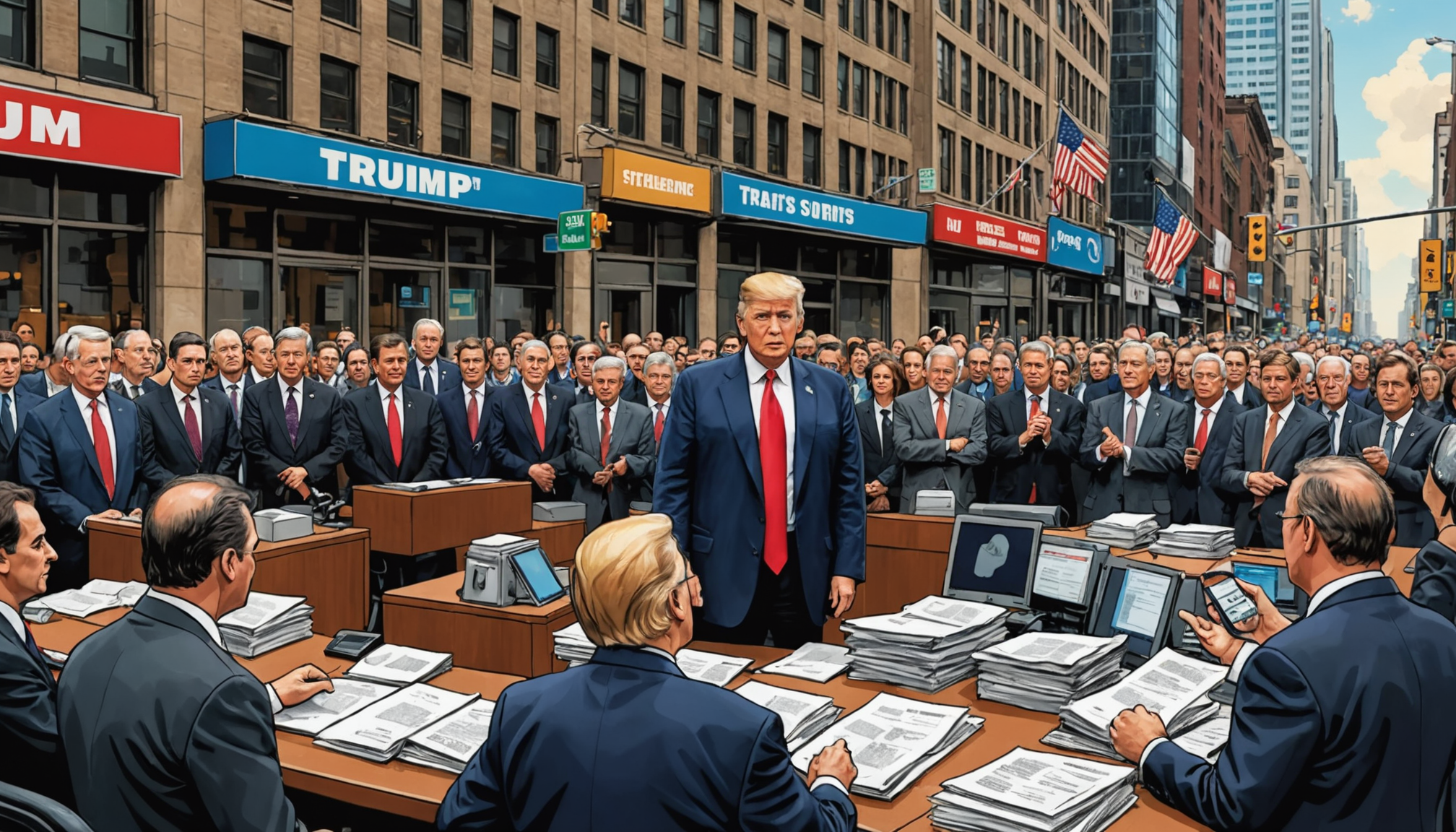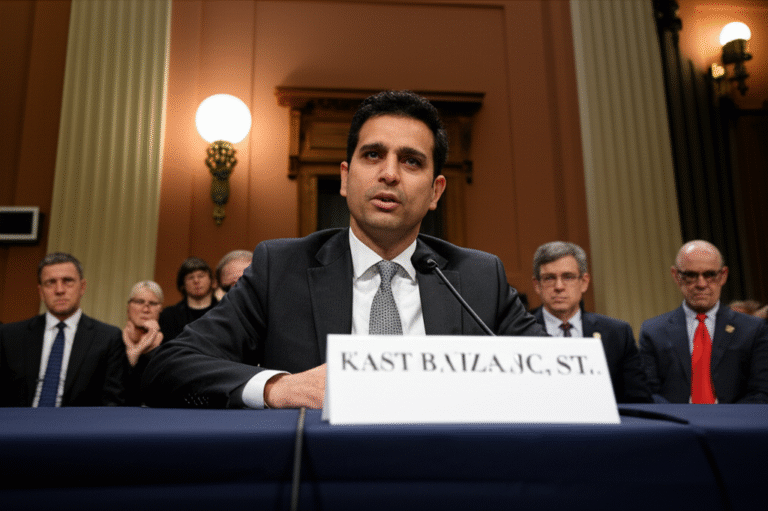
US President Donald Trump’s imposition of “reciprocal” tariffs represents a unilateral and self-destructive challenge to the international economic order, lacking economic justification. This approach to trade, characterized by critics as ignoring economic realities, has sparked significant debate. The tariffs, seen as a challenge to global trade norms, have raised concerns about their potential impact on international relations and economic stability. Trump’s tariffs and their implications for the global economic order are a key focus of ongoing discussion.

Economic Implications of Trump’s Tariffs
Critics contend that the trade imbalances, frequently targeted by President Trump, actually provide advantages to economies exhibiting different time preferences. These imbalances, they argue, facilitate the transfer of resources across time periods, benefiting certain economies. Trump’s disregard for these economic dynamics is a central point of contention amongst economists and trade experts. The complexities surrounding the effects of these tariffs on different economies necessitate further analysis to ascertain their lasting impact.
The structure of global trade and economic interdependence are highlighted by this trade dispute. Trump’s actions underscore the challenges inherent in navigating the intricacies of international economics in the pursuit of national interests. The ongoing discussion surrounding these tariffs reveals the interconnectedness of global trade and the potential ramifications of unilateral trade policies. The lack of economic justification for these tariffs further complicates the already complex landscape of international trade relations. The situation exemplifies the challenges inherent in balancing national interests with the preservation of the global economic order. The long-term effects of this approach to trade remain to be seen.
Background
The “reciprocal” tariffs imposed by President Trump are at the heart of the current trade dispute. These tariffs are seen as a deviation from established norms of international trade, raising questions about the future of global trade and economic cooperation. The justification, or lack thereof, for these tariffs is a central point of ongoing discussion. This challenge to global economic stability and established trade practices has drawn both criticism and attention globally. It is vital to closely observe the evolving consequences of these policies.

What’s next

The long-term implications of President Trump’s trade policies, particularly the impact of the tariffs on the global economic order, require ongoing monitoring and analysis. The effects on different economies, along with the overall impact on global trade relations, will undoubtedly be a subject of continued debate and study. The potential for further escalation or adjustments in policy remains an area of considerable uncertainty. Close attention must be paid to the international response and the potential ripple effects in various global markets. The future of the global economic order, in light of these events, is a topic warranting sustained attention and research.
- Trump’s tariffs are viewed as a unilateral challenge to the international order.
- Critics argue that trade imbalances can benefit economies with different time preferences.
- Trump’s approach is seen as a disregard for economic reality.
The situation surrounding the tariffs and their impact on global trade remains a subject of ongoing analysis and discussion. [Source](https://m.koreaherald.com/article/10575166)






